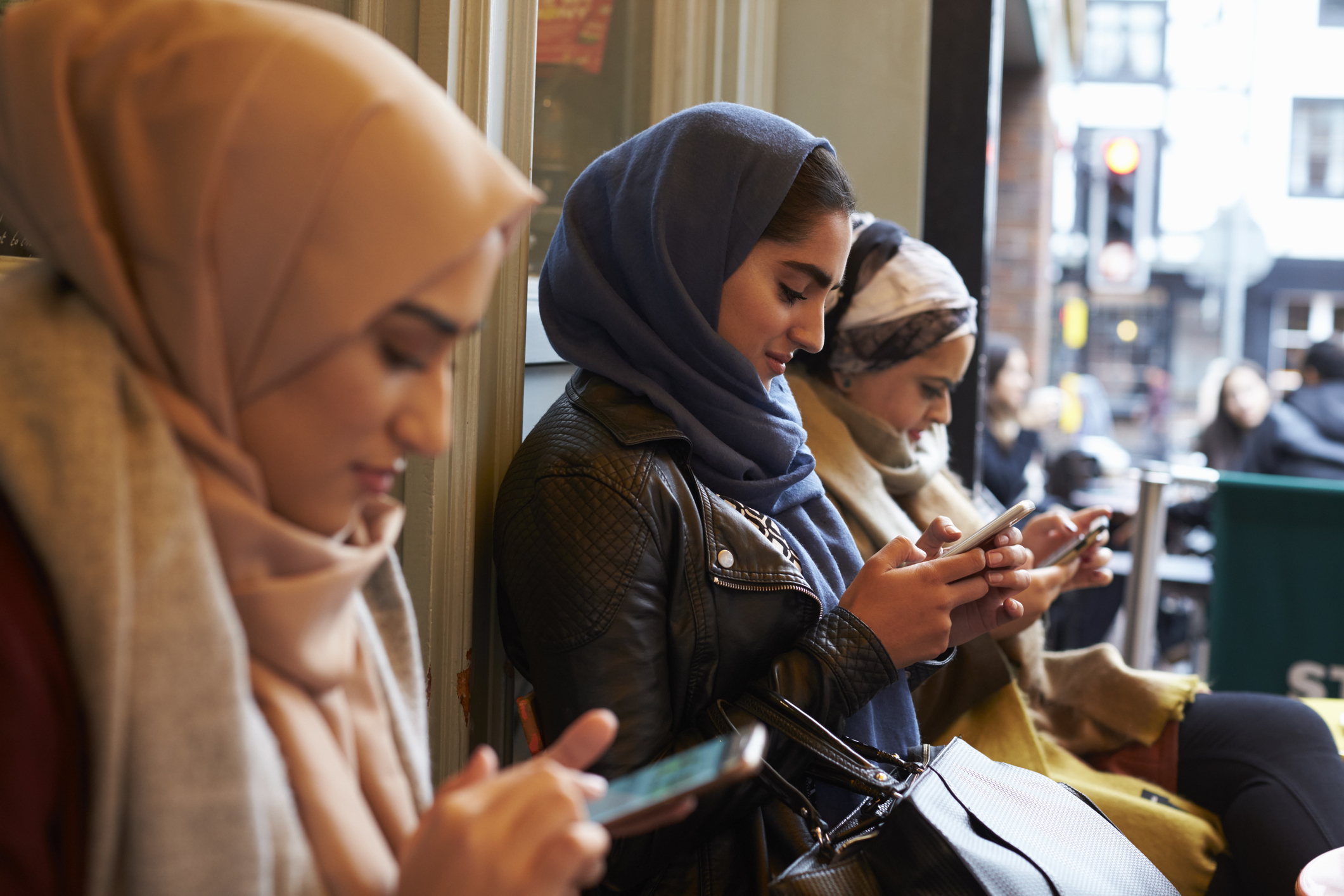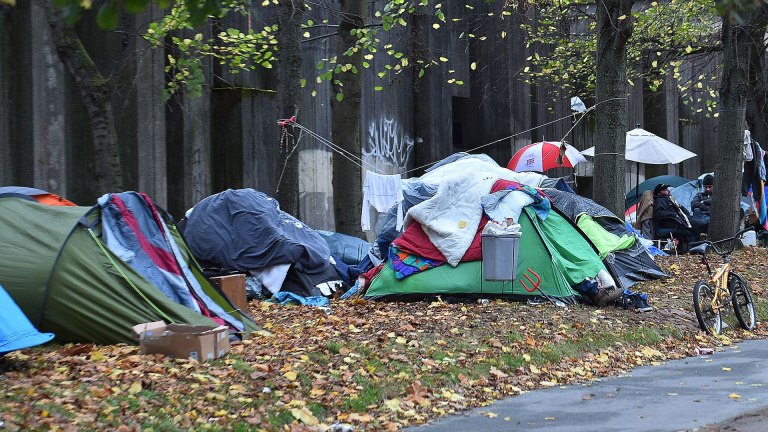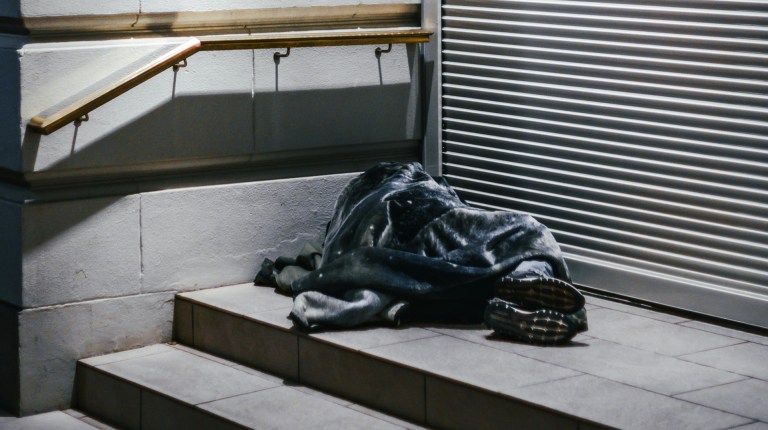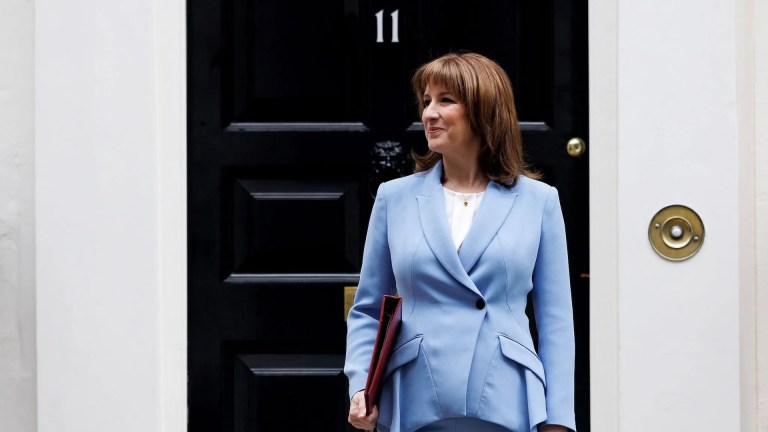A new report into changing attitudes among ‘millennial’ Muslims has revealed that forty percent of Muslims believe religious prejudice has increased in Britain, with young people more likely to feel they have been discriminated against.
The Ipsos MORI research, which reviewed data taken from surveys over the last 10 years, found that 36 percent of 18 to 24-year-old Muslims were likely to feel they had been discriminated against “often”, while 27 percent of those aged 55 and over said they had experienced discrimination.
The increase in prejudice was revealed in data taken from two surveys carried out in 2015, asking people if they felt prejudice had increased or decreased over the preceding five years.
Two Scottish politicians recently stated that they believe racism and Islamophobia have got worse in Scotland. The SNP’s Transport Minister at Holyrood, Humza Yousaf, and Labour MSP Anas Sarwar, said they regularly receive violent death threats through social media and email, and that members of the Muslim community and other faiths also reported a rise in abuse, in person as well as through digital media.
The report also found that the majority of Muslims – 70 percent – feel they are treated fairly by the British government. Muslims are more likely to say that ‘being British’ is important to their sense of who they are than Brits in general: only 44 percent of British adults as a whole say their national identity is important, that figure rises to 55 percent among Muslims.
Supported for the Aziz Foundation, Barrow Cadbury Trust, Joseph Rowntree Charitable Trust and Unbound Philanthropy, the study aimed to learn more about opinions and attitudes among Britain’s Muslims, who make up 4.8 percent of the overall population. Islam is the second-largest religion in Britain, after Christianity, and half of all Muslims are aged under 25, with one-third aged under 15.









